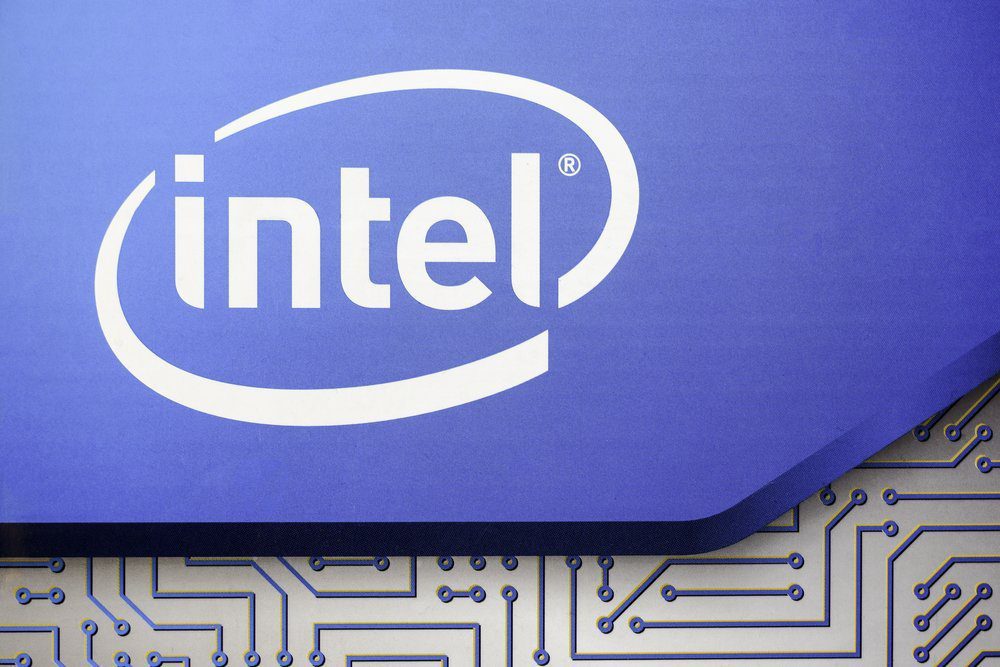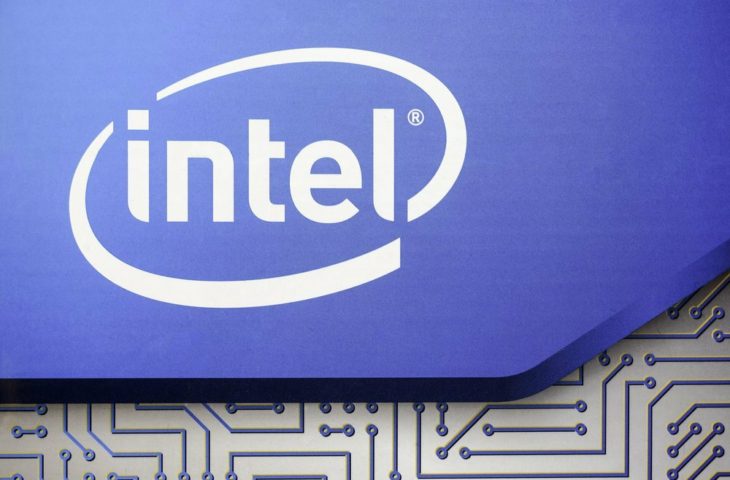Safe or smooth, but not both: The remedy for the newly discovered downfall error in Intel processors reduces the performance of the affected chips by 19 to 39 percent.
As expected, fixing the newly discovered bugs in Intel processors has a big impact on performance. Last week it was revealed that Intel chips are vulnerable to an attack that exploits speculative execution to steal sensitive data like passwords. The bug is a successor to Specter and appears in relatively new chips, but not in twelfth or thirteenth generation devices.
Dive
When the bug was uncovered, it became clear that fixing it would negatively impact the chip’s performance. Phoronix has now tested the patch on Xeon Platinum 8380 chips (Ice Lake), a Xeon Gold 6223R (Cascade Lake) and an Intel Core i7-1165G7 (Tiger Lake). The different benchmarks showed different effects, but in many cases the chips lost more than thirty percent of their performance. With the core chip, the drop in performance could even be 39 percent.
That’s not too bad, since Intel itself had predicted a negative impact of 50 percent. In practice, however, affected chips are cut off. Therefore, Intel gives customers the opportunity to decide for themselves whether they want to fix the error. Because in this case, the side effects of the drug may be worse than the disease itself. The Downfall attack is not easy to perform, but it does provide a vulnerability for determined attackers.














